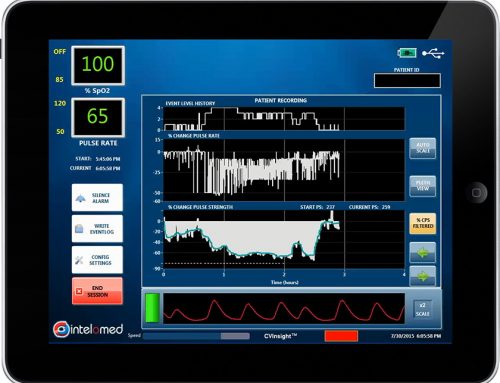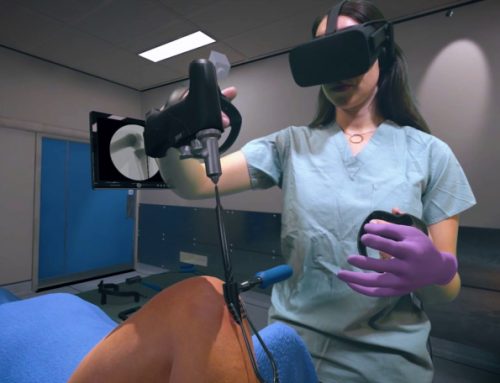Project Description
There is a strong market need for paradigm shift in clinical trial recruiting. A system that can interpret complex inclusion/exclusion criteria and translate them into an efficient usable digital format is much needed in the medical informatics industry. There are no current products that can serve this recruitment function by conducting ontological queries, and very few platforms that have the architecture to handle a broad range of medical data as proposed.
In this project Sanguine is attempting to aggregate and normalize patient data from multiple sources. Sanguine’s proposed database architecture will support a large volume of patient data and enable ontological queries and statistical ranking of patients by relevance to trial criteria; thereby facilitating researcher-led inquiries for faster and more accurate recruitment results. With further growth, it will establish a global network that can be used to recruit patients from across clinical fields and provide a portal for clients (researchers) to eventually “mine” the data to better design clinical trials. From the client’s perspective, by using the database, trials will be filled with eligible patients faster and more cheaply than the current alternative of utilizing a siloed, institution-specific database of often outdated data.
All in all, Sanguine’s platform will better support clinical trial recruitment and provides clients, such as researchers, institutions, and pharmaceutical clinical trial sponsors, with searchable access to a diverse pool of potential participants.
Broader Impact / Application
Sanguine will soon have a functional database that can run complex queries to efficiently identify eligible clinical trial participants. By initially building the database with patients that have specific rare diseases, a relatively small group of researchers will be willing to pay for access and recruit patients. After approximately 1 year of growing the database with patients with rare diseases, the pool will become more diverse and provide value to a broader group of researchers, reaching a critical mass that will accelerate commercial adoption of the service. Ultimately, with the proposed data-aggregation platform, researchers will have a higher chance of success when performing trials, which will accelerate the rate of innovation in medicine.
With the help to Inpiralia, Sanguine Biosciences was awarded a total of 224,981 through the National Science Foundation to begin developing an Advanced Direct-To-Patient Data Aggregation Platform for Clinical Trial Recruitment.





